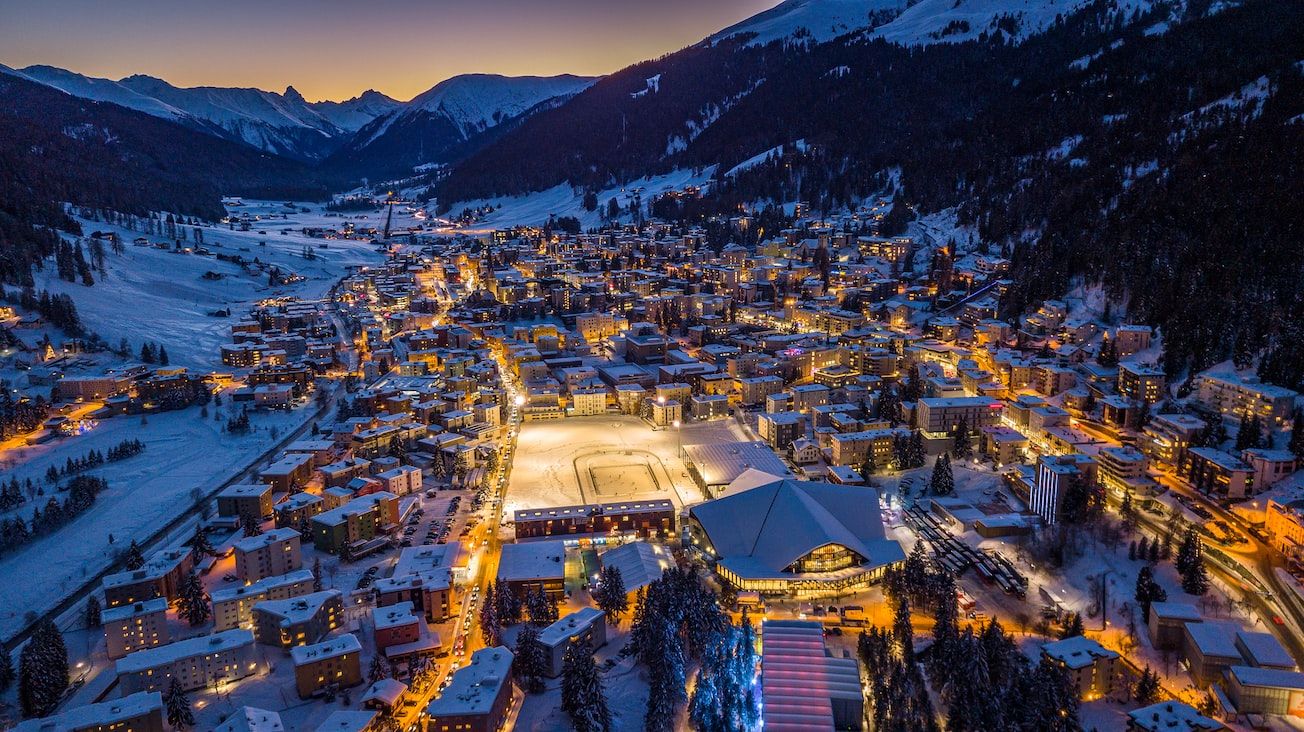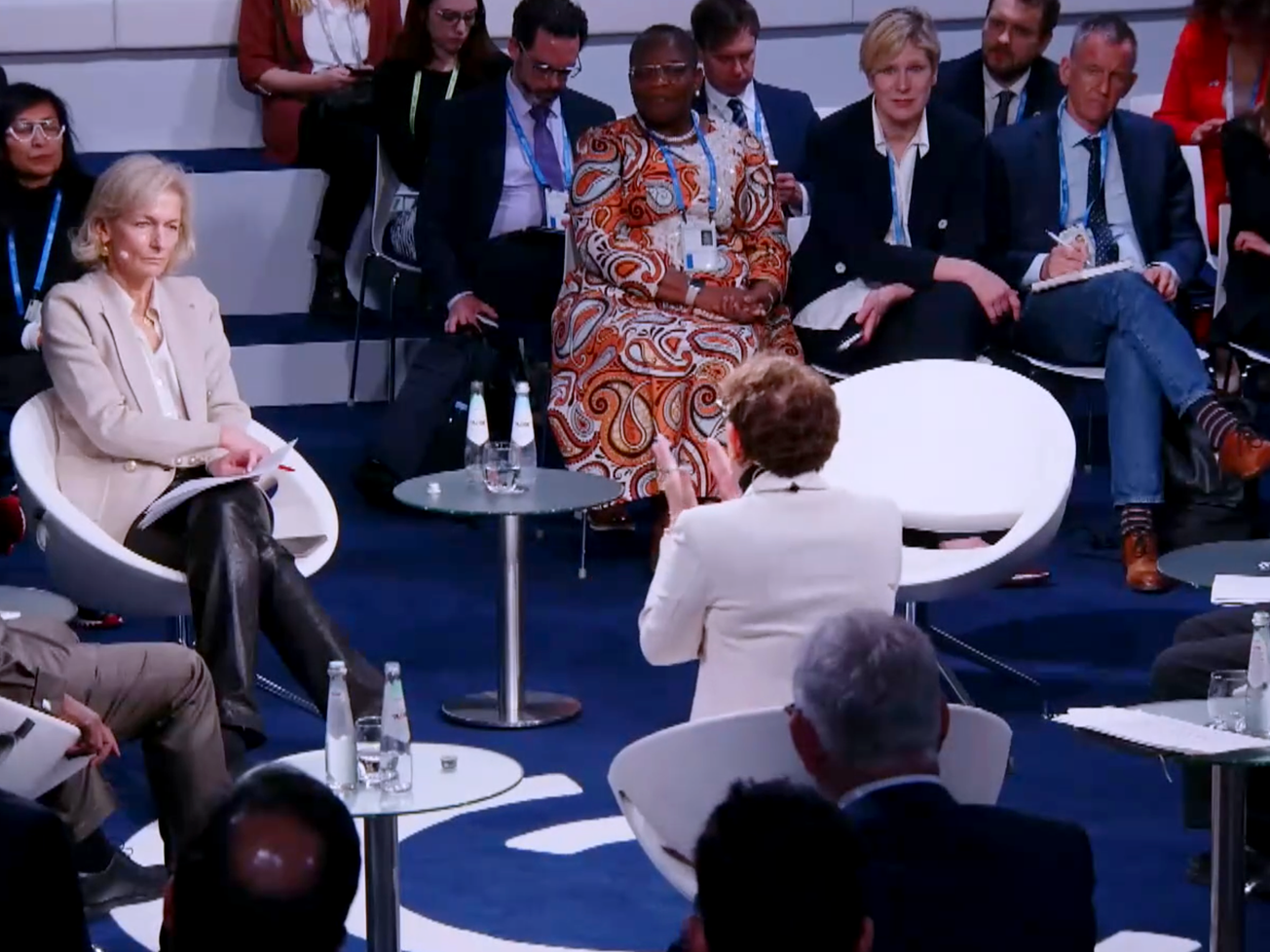GENEVA (AN) — European and African heads of state will dominate the World Economic Forum's annual meeting of political and business elites in the Swiss resort town of Davos.
Next week's gathering of more than 2,700 participants is focused on the need for more cooperation in a fragmented world beset by war and conflicts, hunger and health crises, and climate emergencies, WEF announced on Tuesday.
From Europe, the list of confirmed participants includes presidents and prime ministers from Azerbaijan, Belgium, Finland, Germany, Greece, Ireland, Moldova, the Netherlands, Poland, Serbia, Spain and Switzerland, the host nation.
European Commission and Parliament leaders also plan to attend. African heads of state are expected from Congo, Morocco, South Africa, Tanzania and Tunisia. Elsewhere, leaders are due to arrive from Colombia, Philippines and South Korea.
“We see the manifold political, economic and social forces creating increased fragmentation on a global and national level," said Klaus Schwab, a German-born economist and engineer who founded the Davos forum in 1971.
"To address the root causes of this erosion of trust, we need to reinforce cooperation between the government and business sectors, creating the conditions for a strong and durable recovery," he said. "At the same time there must be the recognition that economic development needs to be made more resilient, more sustainable and nobody should be left behind."
Come with us to #Davos23! 🛤@WeDontHaveTime & partners are bringing to you conversations on climate & the environment with leading experts, NGOs, companies & more live from the @wef annual meeting.
— We Don't Have Time (@WeDontHaveTime) January 10, 2023
📅 January 17-20
Register 👇https://t.co/cD4QMFrJRB@SDGTent @UNDP @VolvoGroup
A large U.S. delegation
The 53rd annual meeting's full program focuses on solutions and public-private cooperation to tackle the world’s most pressing challenges, WEF said, with a special emphasis on gender and geographical diversity across all sessions.
Along with the heads of state, the United States' delegation includes the labor secretary, trade representative, special climate envoy, and national intelligence director. Canada is sending its deputy prime minister who also oversees finance.
Among international organizations, the heads of the United Nations, European Central Bank, International Monetary Fund, World Trade Organization, NATO, World Health Organization, International Energy Agency, UNICEF and International Committee of the Red Cross, and Gavi, the Vaccine Alliance plan to attend.
Some 1,500 leaders from 700 organizations, including 600 CEOs, are expected along with 125 experts and heads of leading universities, research institutions, and think tanks, according to WEF. This year also marks the 20th anniversary of the Open Forum, which invites the public to listen and share experiences with experts.







